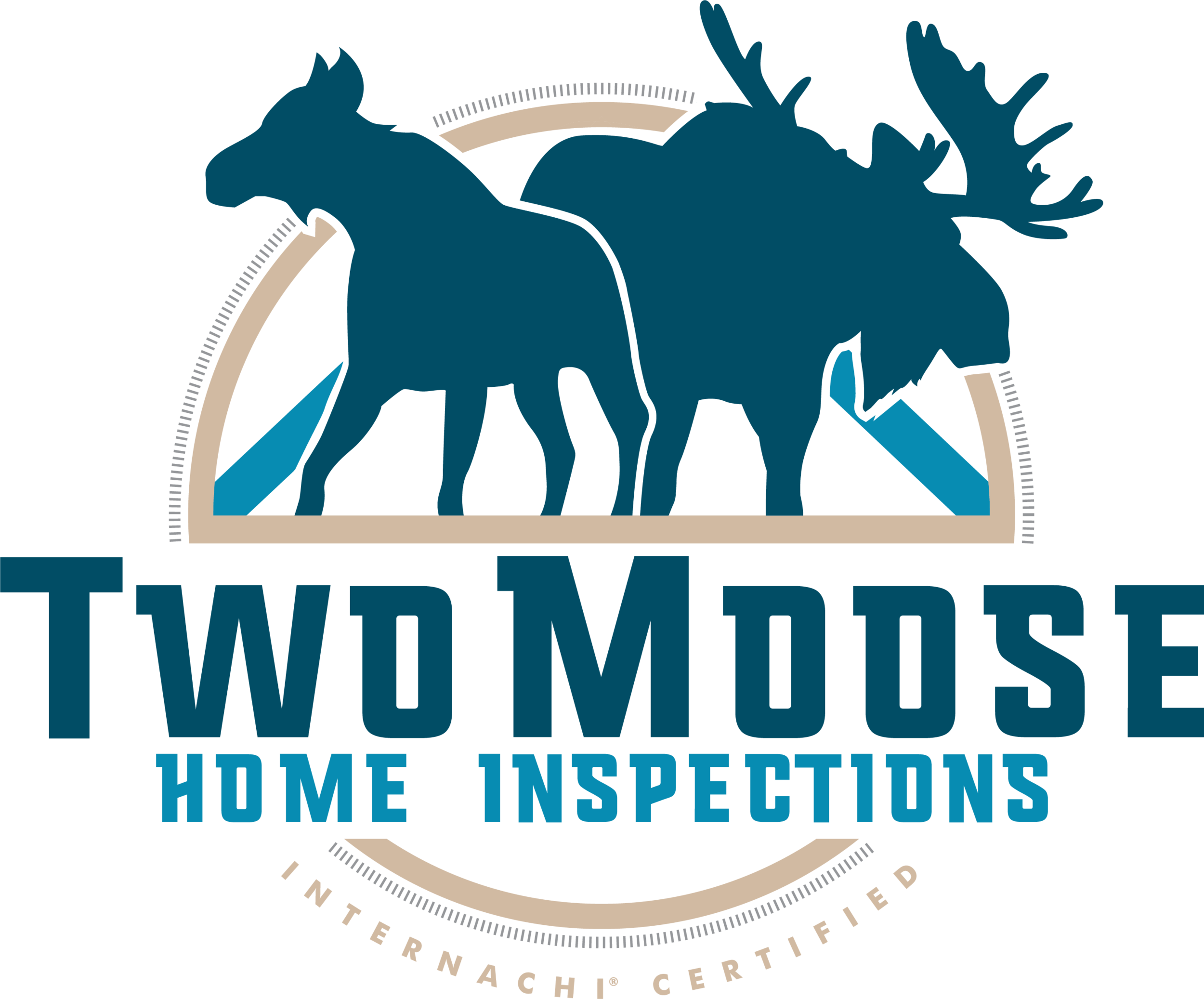S01E17 - Empowering Safety: Lifesaving Skills for Home Inspectors
Transcript
Welcome to Moose Tales. I'm Jon with Two Moose Home Inspections, and I have some short home inspection topics that I've been wrestling with, and it's time to get them out. So, let's dive right in.
Life is a dangerous activity and there are things that we can do to reduce that risk. And there are things that we can do to help others reduce that risk. But in general terms, having basic lifesaving skills is paramount.
At Two Moose Home Inspections, basic lifesaving skills such as CPR, abdominal thrusts and the use of a tourniquet are not only a part of our annual refresher, but also part of our field training program. And the reason they are is because it's one of those things that we will probably never have to use.
But if we do have to use it, we're going to be really, really happy that we had those skills.
As a quick refresher, CPR stands for cardiopulmonary resuscitation.
And you may need to use CPR after a heart attack, drowning, poisoning, choking, suffocation or electrocution. And all of those things can happen at the home.
If somebody is choking, you may need to do abdominal thrusts. This is previously called the Heimlich maneuver.
And if somebody is bleeding, you might need to use a tourniquet to stop those large blood vessels from pumping blood out of the body.
now you might say, John, all of this seems highly unlikely from occurring.
And I would agree with you, it probably statistically is highly unlikely to occur. However, if it does occur, then you definitely want to have the skills. So, when could this occur? Well, obviously, whenever you're in your vehicle, you could come across some sort of a traffic accident. As you're driving to the home inspection, you can see somebody that is in distress.
Whenever you're actually at the home inspection, you could fall through the attic and slice your leg open. Somebody could run through a plate glass window.
And of course, during a home inspection, people can bring chicken wings and end up choking on them. They can bring their poor cardiovascular health and end up having a heart attack.
And although we can't stop these things from occurring, hopefully by having some basic lifesaving skills, we can make the outcome a little bit better.
and of course, things happen to home inspectors as well. Let's say you're walking through the attic, and you misplace your foot and end up falling through the ceiling and end up landing on the floor. But you've cut your leg.
Well, now you might be really, really injured, maybe a broken wrist and a cut leg.
you can say, hey, there's a tourniquet on the back of my harness. Here's how you use it. We don't have much time. Let's get it placed. And that can be the difference between life and death.
Now, what are the odds of this happening? Like 0%? However, let's talk about good mental health.
If you ever find yourself in a traumatic event, sometimes feeling helpless, feeling hopeless is something that will continue with you well past that traumatic event. And if you have some skills at the time and you're able to render aid to the best of your ability, you can actually have better mental health outcomes because you did everything you possibly could have and you don't feel like you had inadequacies that resulted in the loss of life or some other severe injury.
So, if we think that we don't want anything bad to happen, that's all well and good. But bad things will happen eventually. And so, if we can be prepared for that,
They not only will we be able to render aid, but also, we will be able to recover from that traumatic event much better.
Also, let's say that you're in the middle of nowhere, which is where a lot of our home inspections take place. What is the response rate for paramedics? How long does it take for them to get there? What if you don't have cell phone coverage? Could you do a home inspection while little kids are running around the house and people are doing what they do at a home inspection?
Could you potentially feel stressed or feel concerned that something bad could happen? If you have the tools and the skills that you need to take care of bad things that might happen, could you actually perform your home inspection better if you didn't have to have all of this weight in the back of your mind about kids running around?
Are they going to get on a ladder? You know, these railings are unsafe. And I've told people, but what if a child falls? You know, these people are eating food and talking and laughing and somebody has already choked once and, my gosh, this is a nightmare. Well, if you already know how to render the aid, maybe you can actually focus on the job a little bit better.
So, here's a question Does our insurance require us to learn basic lifesaving skills? Nope. Does our insurance give us a discount to learn basic lifesaving skills? Nope.
But that would be nice. So then why are we learning all of these basic lifesaving skills? And why are we reviewing it every year? Well, the reason why is because I want my employees to be safe. I want the people around my employees to be safe. And if something bad were to happen, I want them to have the tools to feel empowered that they did everything they could to make a good outcome.
And there are always good outcomes. But the more information they have, the better they're going to be.
if you're looking for basic lifesaving skills or maybe training courses and
how you can implement this in your own business, definitely check out the American Red Cross. They have videos on YouTube, and they also have a whole bunch of resources on their website. That's a pod.


